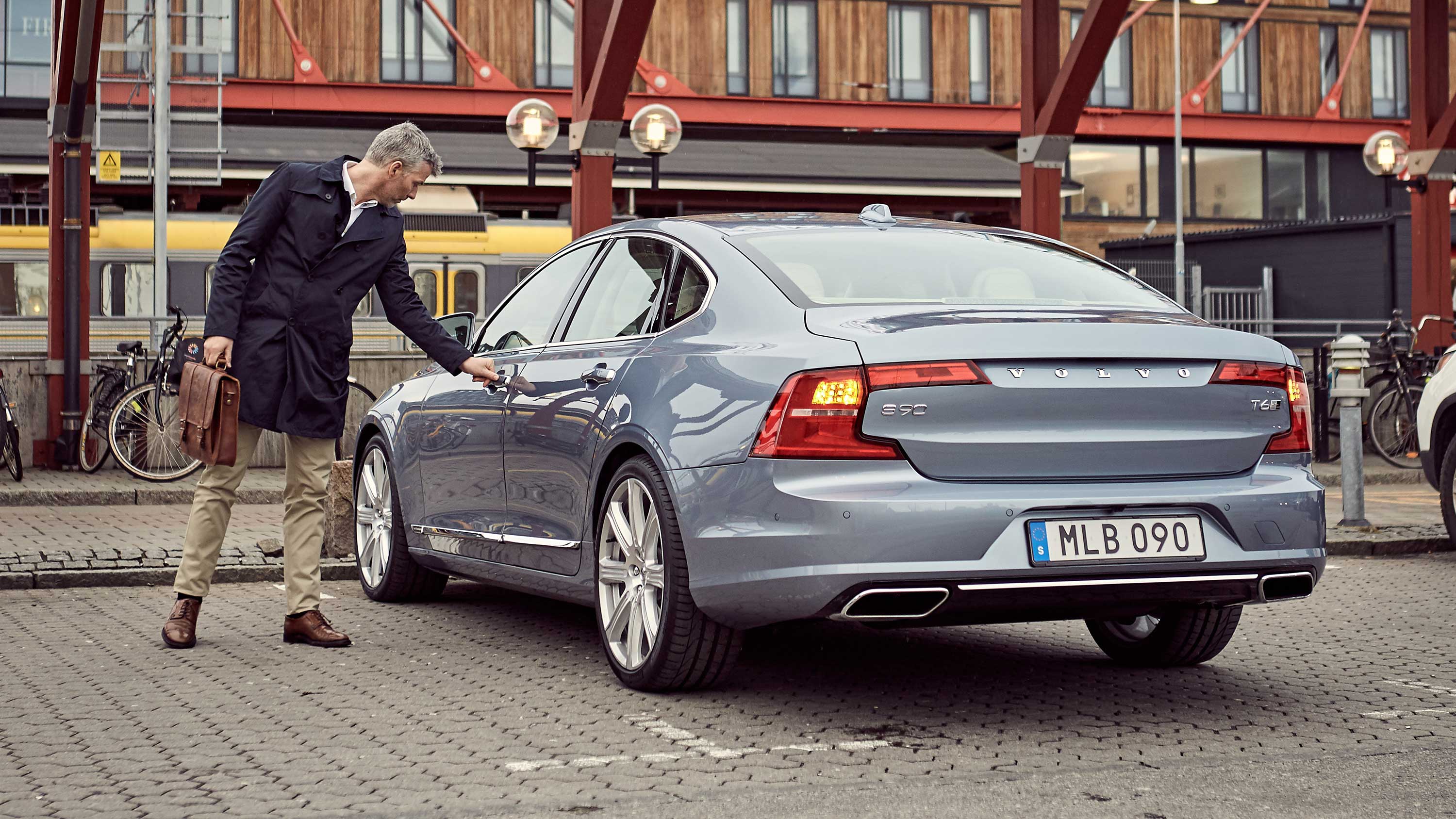Volvo will start testing its driverless cars with 'real families' next year
'The UK's most ambitious autonomous driving trial'

Volvo Cars has announced that it will begin "the UK's most ambitious autonomous driving trial" next year, which it believes will speed up the process of getting self-driving out of the testing phase and into people's hands.
What will make Volvo's test more ambitious than previous autonomous driving tests is that it will be have "real families" driving the cars on public roads. That's quite a bold step forward, but one that should help take autonomous vehicle technology to the next step.
The Drive Me London program will start in 2017 with a "limited number" of vehicles, said Volvo, but will expand the year after to include up to 100 cars.
Volvo will take the data learned from these tests to help it further develop self-driving cars; the information it gathers from more real scenarios will give it a better idea of the real world conditions driverless cars will have to deal with.
Zero fatalities
Volvo has previously said that its vision is to have zero fatalities in its vehicles in its cars by 2020 and today it's reaffirming that promise.
"Autonomous driving represents a leap forward in car safety," said Håkan Samuelsson, Volvo president and chief executive. "The sooner AD cars are on the roads, the sooner lives will start being saved."
Volvo believes the introduction of autonomous cars will ease congestion and "massively" reduce road accidents.
Get daily insight, inspiration and deals in your inbox
Sign up for breaking news, reviews, opinion, top tech deals, and more.
Earlier this year, UK Chancellor George Osborne announced that driverless cars will be tested on British motorways from next year, as the UK government continues to work through a legal framework to allow autonomous vehicles with reasonable safety guidelines.
Hugh Langley is the ex-News Editor of TechRadar. He had written for many magazines and websites including Business Insider, The Telegraph, IGN, Gizmodo, Entrepreneur Magazine, WIRED (UK), TrustedReviews, Business Insider Australia, Business Insider India, Business Insider Singapore, Wareable, The Ambient and more.
Hugh is now a correspondent at Business Insider covering Google and Alphabet, and has the unfortunate distinction of accidentally linking the TechRadar homepage to a rival publication.
